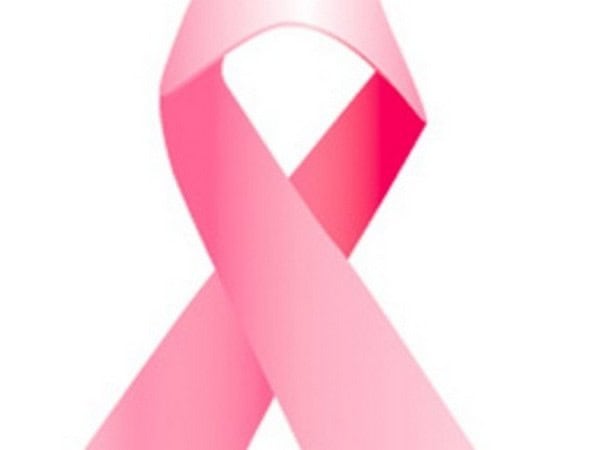New Delhi: The American Heart Association (AHA) has warned that breast cancer treatment which involves chemotherapy and radiation can increase the risk of developing cardiovascular diseases.
While the advances in treatment have witnessed a growth in survival rate among breast cancer patients, survivors crossing the age of 65, were more likely to die from heart disease than breast cancer, the new study showed.
HER-2 and other breast cancers use targeted therapies which could weaken the heart muscle – a condition known as heart failure, it said.
Other therapies could also affect the heart arteries and cause the development of coronary artery disease or blockages, the study added.
Prompting attention to the fact that during treatment not only one’s breast health but also general health, including that of the heart, should be considered, the researchers suggested.
“Any patient who is going to undergo breast cancer treatment, whether they have heart disease at the beginning or not, should be aware of the potential effects of the treatments on their heart,” said Indian-origin Laxmi Mehta, Associate Professor at The Ohio State University in the US.
However, it should not deter or scare patients from undergoing the cancer treatment, instead, allow them to make informed decisions with their doctor on the best option available, Mehta added, in the statement published in the journal Circulation.
In some cases, post cessation of the treatment and or the addition of heart medicines can improve heart function.
Administering Doxorubicin – a chemotherapy drug – used in breast cancer therapy can also lead to the damage of heart cells, but, giving the drug slowly, rather than all at once, may lower the risk of heart failure.
Doctors were also developing more-targeted radiation to reduce risks, the statement said.
Adherence to a number of ideal heart health behaviours including being physically active, achieving and maintaining a healthy body weight could help.
Besides, eating a healthy diet, avoiding tobacco, maintaining healthy levels of blood pressure, cholesterol and blood sugar may help prevent or minimise the damage.
—IANS

